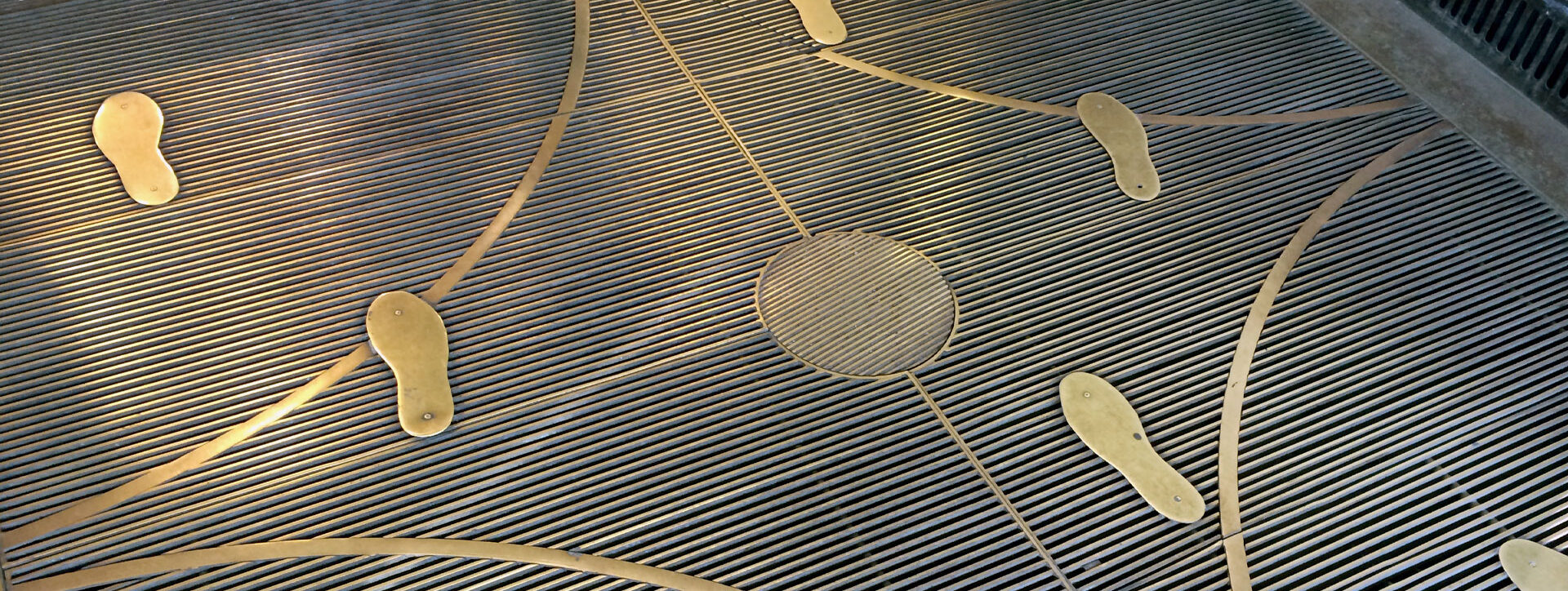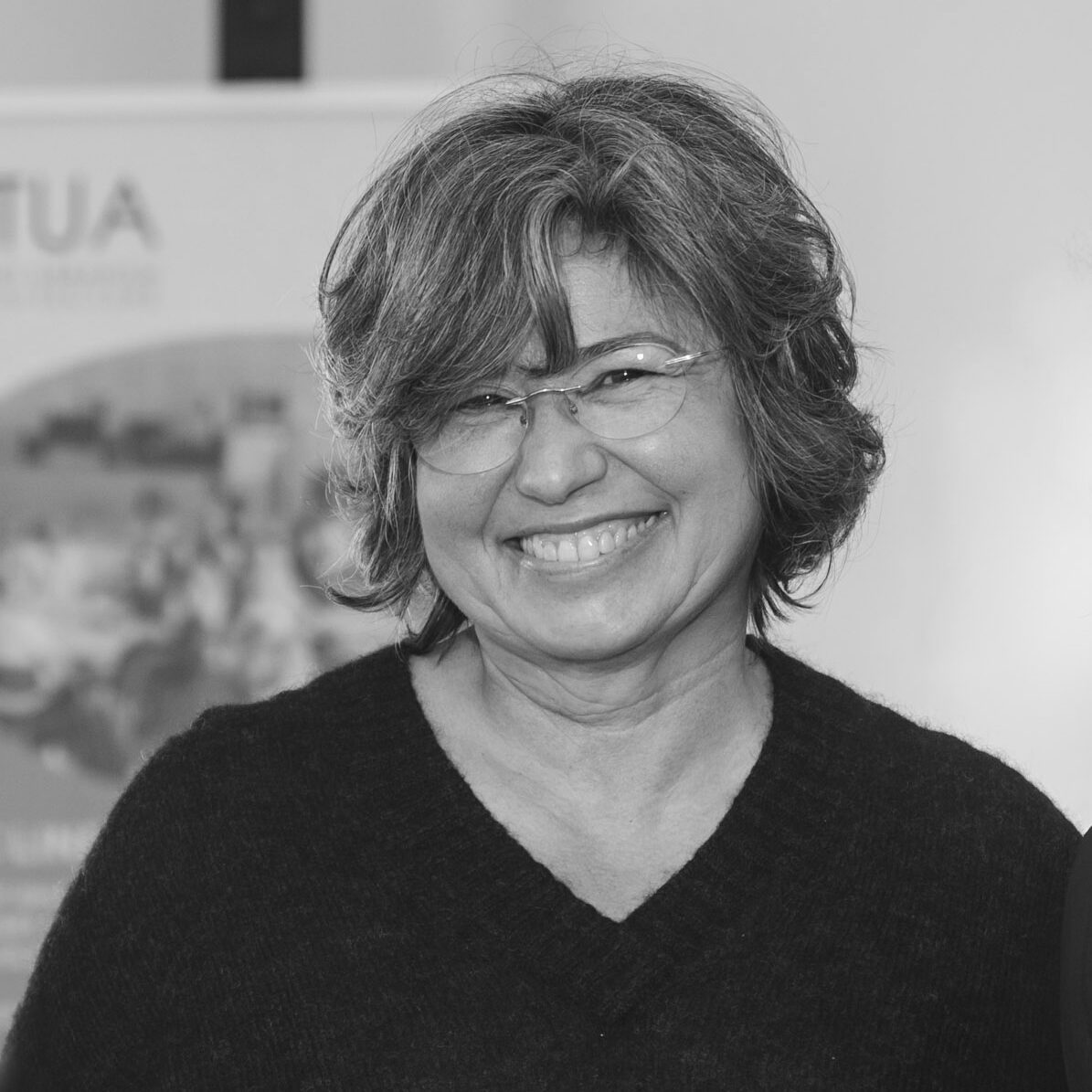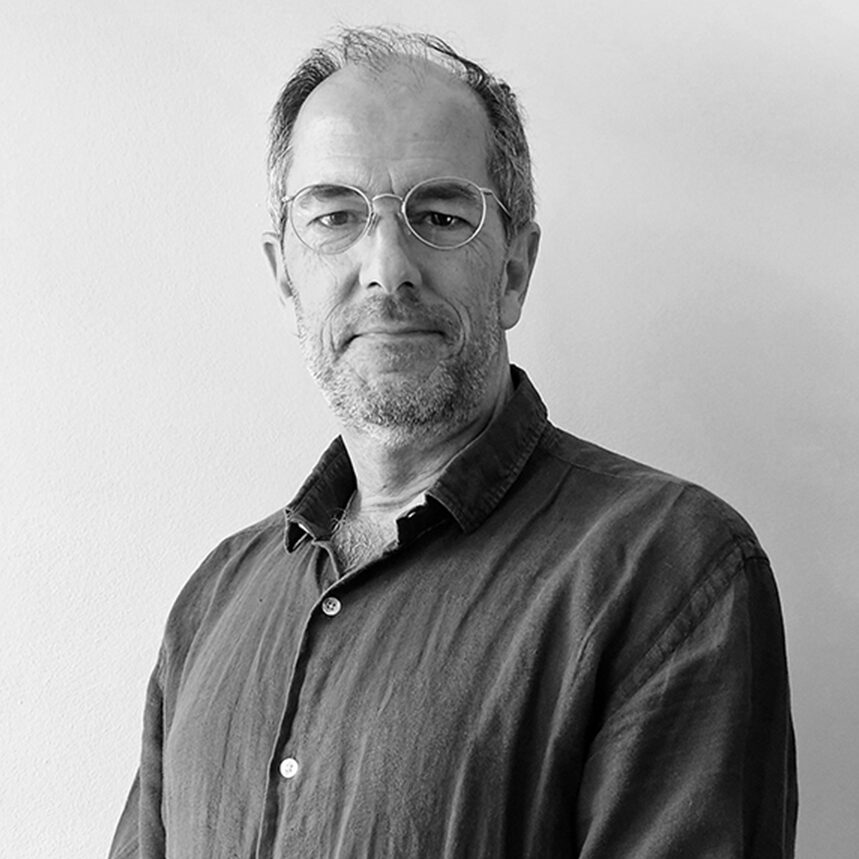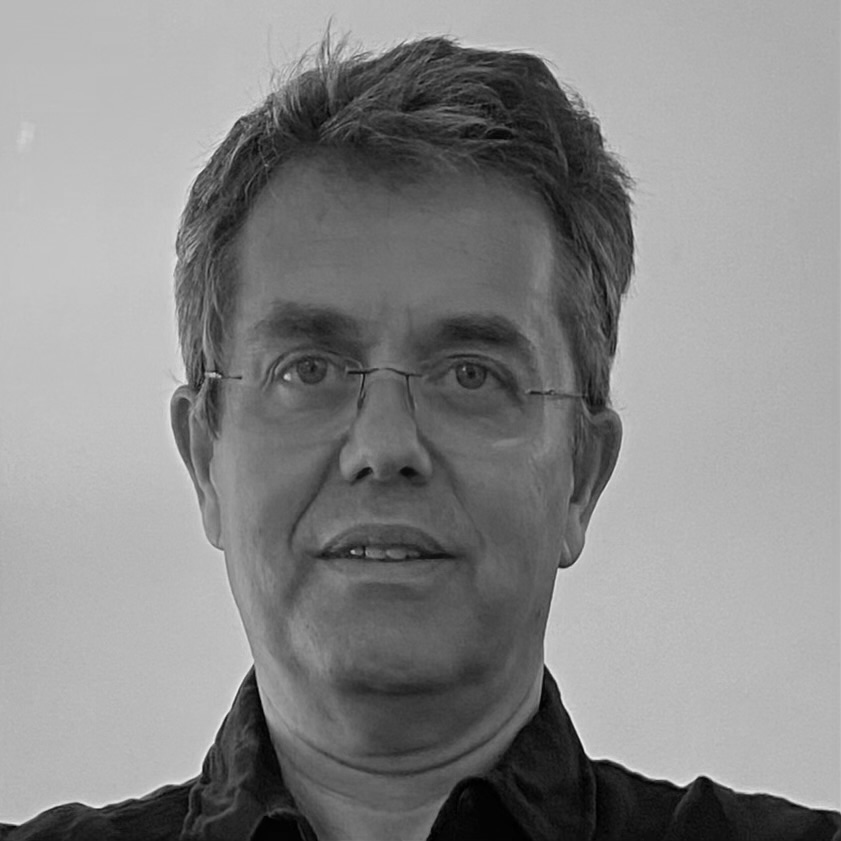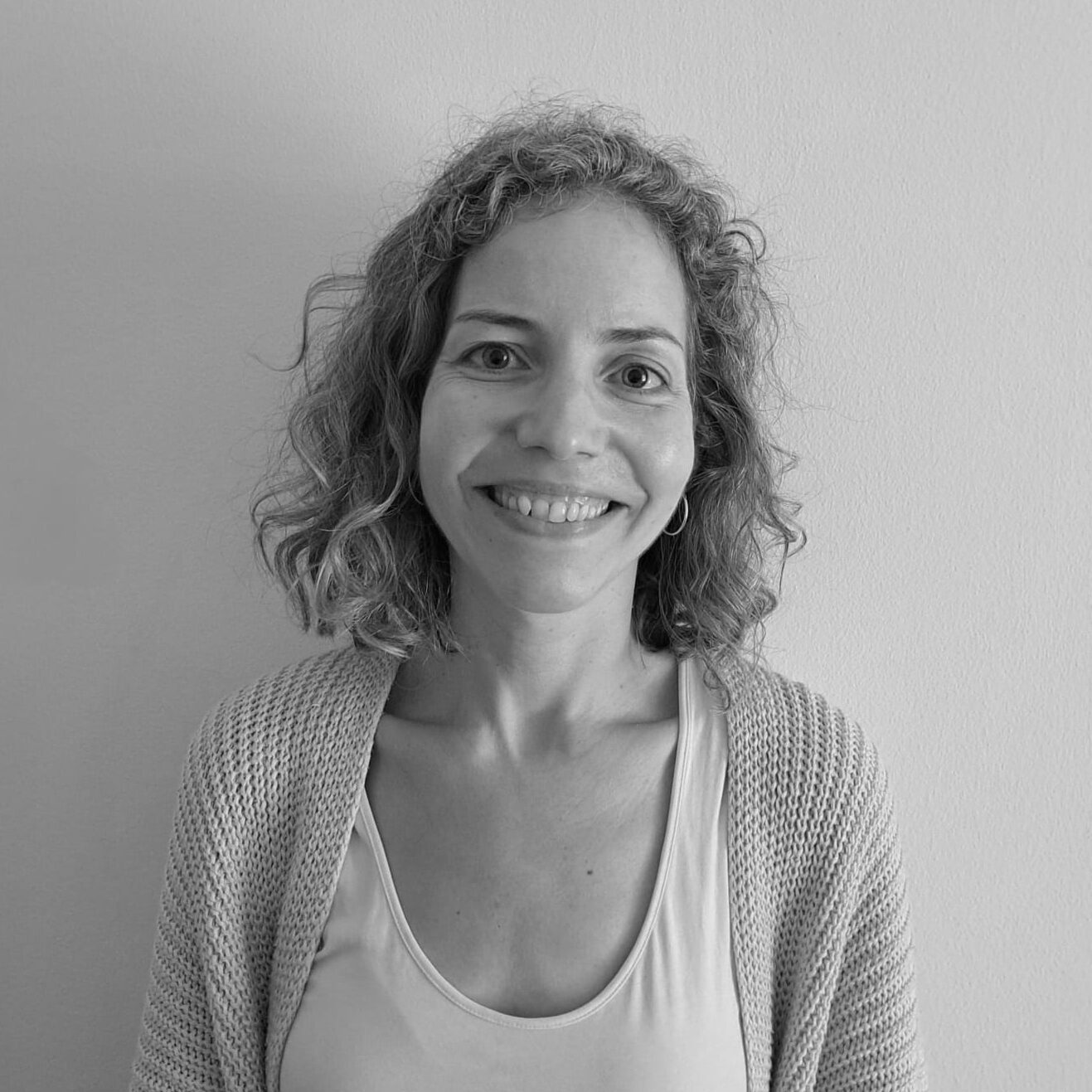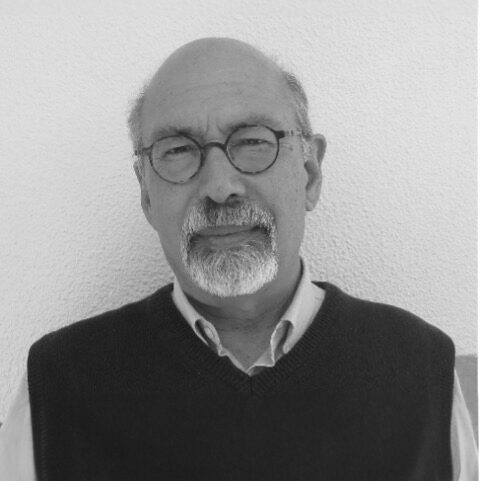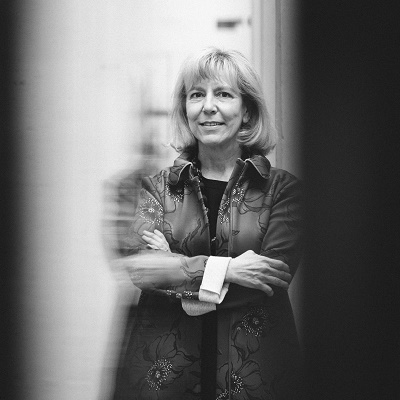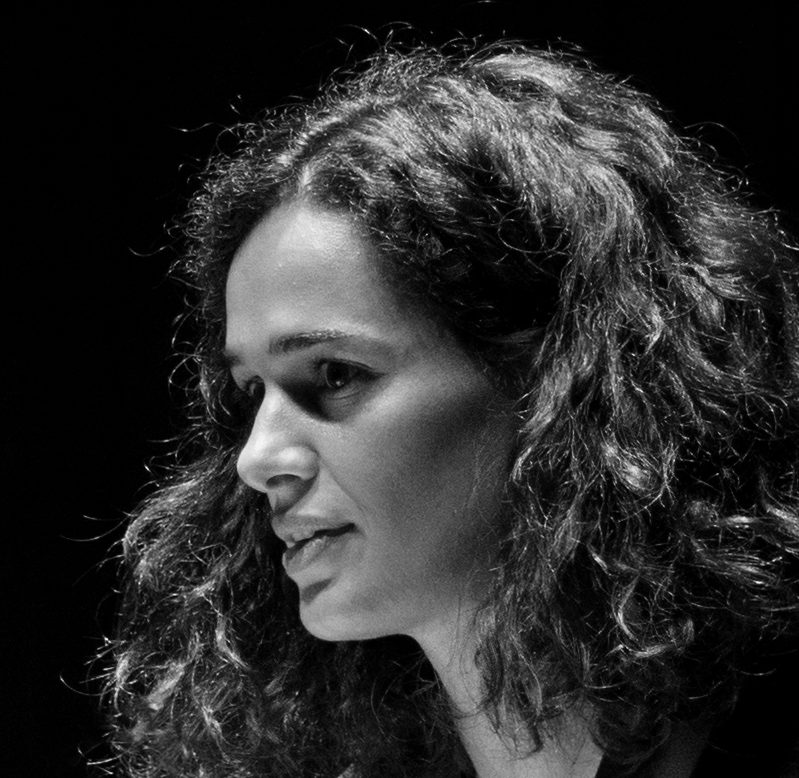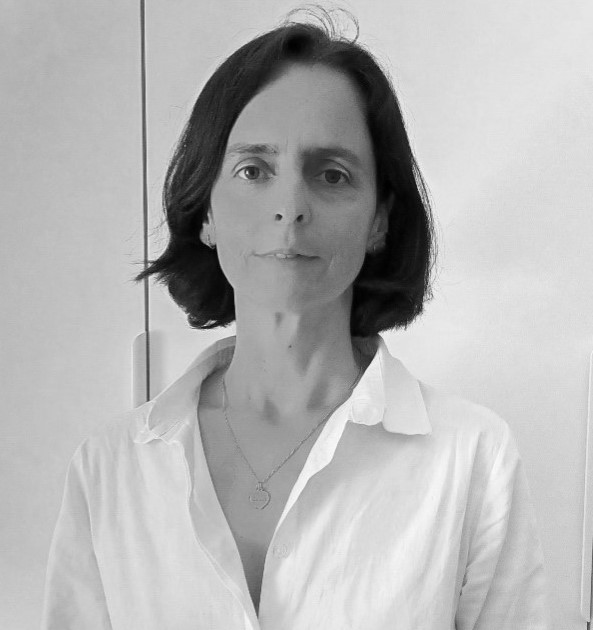CONDITION > ON-GOING
BioValue – Biodiversity value in spatial policy and planning leveraging multi-level and transformative change
Also appears in: International, Ongoing, Practice-based Research Outcomes
The aim of BioValue is to leverage transformative change in spatial policymaking, planning practices and infrastructure development. Doing so, it upscales opportunities for valuing biodiversity in support of EU strategic actions. Transformative change is a fundamental, system-wide reorganization across technological, economic and social factors, including paradigms, goals and values. Biodiversity loss is one of the persistent problems Europe is facing. But transformative change in spatial planning can help biodiversity to be better valued while developing new ways to reach sustainable development goals.
Spatial planning policy and decision-making take place at different levels, from local to global. Therefore, many are the players who can drive transformative change in spatial policy and planning processes – researchers, the public, policy makers, businesses and third sector organisations.
The project aims to safeguard and increase biodiversity by focusing on key steps of the mitigation hierarchy, addressing indirect drivers, renewed EU finance strategy within spatial planning, and better articulated instruments for mainstreaming biodiversity concerns into other sectors across different levels of governance. This project has 7 partners across Portugal, Italy, Germany and Denmark.
You can access the website of the project here.
Project Duration: July 2022 – June 2025
Funding Institution: Horizon Europe
Project Reference: 101060790
GreeNexUS – Green-health-safety Nexus for new Urban Spaces
Also appears in: International, Ongoing
In our increasingly anthropised planet, many cities are facing multiple societal and environmental challenges and the link between the characteristics of the urban green contexts and people’s health and safety represents an emerging topic and of urgent importance. Air pollution and urban climate, reduced contact with nature, limited access to quality green spaces, and urban fabrics and infrastructure that discourage sustainable&safe mobility and active lifestyles, are threatening the mental and physical well-being of an aging society and increasing its social disparities.
The GreeNexUS project proposes a novel and multidisciplinary approach to promote urban greening, territorial regeneration and safety/accessibility/walkability of urban infrastructures, as key strategies to face those challenges, while addressing climate change and preventing pandemics from exacerbating inequalities in disadvantaged/vulnerable groups.
The GreeNexUS participants (20 institutions from 9 European countries) are joining forces to offer a collaborative Training-through-Research programme involving universities, research centres, companies, NGOs, and local authorities that share this new vision of fostering greener, healthier and safer urban realms of Europe’s cities and towns.
To know more about this project access here.
Project Duration: January 2023 – December 2026
Funding Institution: Horizon Europe
Project Reference: 10.3030/101073437
TOPIO – Towards Democratic Landscape Observation Through Geoinformatics and Public Participation
Also appears in: International, Ongoing
TOPIO project harnesses the power of citizen science, geoinformatics, AI and public participation to empower individuals in actively shaping landscape decisions. It offers a dynamic solution to bridge the gap between acknowledgment and action in the pursuit of sustainable development. With an emphasis on interdisciplinary training, innovative monitoring techniques and socio-cultural dimensions, TOPIO fosters a dialogue among stakeholders and proposes actionable recommendations for policymakers.
TOPIO aims to give people an active role in decision-making on landscape by means of Citizen Science, Geoinformatics (Earth Observation and GIS), Artificial Intelligence and Public Participation to promote the area’s sustainable development.
TOPIO will position the landscape as a key concept in addressing broader challenges such as the Faro Convention Plan, Aarhus Convention, UN sustainable development goals, the EU Green deal etc.
This project has 8 participants from Portugal, Greece, Cyprus, Belgium, Spain, Estonia and Italy.
To know more about this project access here.
Project Duration: December 2023 – November 2027
Funding Institution: Horizon Europe – MSCA Staff Exchanges
Project Reference: 10.3030/101131109
BoSS – Bauhaus of Seas Sails
Also appears in: International, Ongoing
Presented as a manifesto in 2020, the Bauhaus of the Seas was first devised as a situated vision that responded to the New European Bauhaus challenge posed by the European Commission President, Ursula von der Leyen, in September 2020.
Such a vision incorporated an understanding of the climate crisis as a global, complex hyperobject emerging from human exceptionalism of generations schooled in the dichotomy of humans vs nature. Only an interdisciplinary, intergenerational and interspecies movement that addresses the sheer complexity and scale of the problem will allow us to enact meaningful change.
In response to this challenge, this vision evolved towards a New European Bauhaus mobilisation around the most definitive global natural space and the most critical shared space in the EU and the world: the seas, oceans and other water bodies.
Created from that mobilisation, the Bauhaus of the Seas Sails consortium was created and in 2022 was granted EU funding under the 2022 call for the development of the first New European Bauhaus ‘lighthouse demonstrators’. Officially launched in Lisbon at the start of 2023, the Bauhaus of the Seas Sails consortium encompasses 18 academic, cultural and territorial partners located in 7 cities and regions across 4 aquatic ecosystems.
To know more about this project access here.
Project Duration: January 2023 – December 2025
Funding Institution: Horizon Europe
Project Reference: 10.3030/101079995
TULIPS – DemonsTrating lower pollUting soLutions for sustaInable airPorts acrosS Europe
Also appears in: International, Ongoing
The TULIPS consortium will contribute to the transition to low-carbon mobility and enhance current sustainability actions at airports for the next four years by developing and implementing innovative solutions, supported by the EU with €25 million in funding. The funding is part of the European Green Deal. The collaboration of frontrunning airports, airlines, knowledge institutes and industrial partners in this unique European consortium makes it possible to contribute significantly to sustainable aviation, on top of current contributions and actions planned.
Collaborating at four very different airports, with the input from the broad coalition of partners will allow the impact of the solutions on the European climate targets to become apparent. Successful demonstration of specific actions to accelerate sustainability in different scenarios will showcase these innovations and how they can be implemented throughout Europe. The outcomes of the project are expected to contribute significantly to the decarbonisation of the aviation sector. The relevant knowledge gained will be shared on this website, which will allow the aviation industry and other European airports to apply the TULIPS concepts and technologies through practical roadmaps.
It is planning 17 demonstrator projects at Amsterdam Airport Schiphol. Partner airports Oslo, Turin and Larnaka will also implement some of these innovations. Airports, airlines, knowledge institutes and sector partners are working together to accelerate the process of sustainability in and around the airport.
You can access the website of the project here.
Project Duration: January 2022 – December 2025
Funding Institution: Horizon 2020
Project Reference: 10.3030/101036996
Bhave4climate – Children and young people behaviour for climate change
Also appears in: International, Ongoing
Addressing climate change is urgent, having the transition towards renewable energy become essential, namely after the adoption of the Sustainable Development Goals and the global emissions reduction targets. To deal with that, countries need to act more effectively. Portugal, particularly, must implement more successful policies to encourage change (from fossil fuels to renewable energy) and to reduce energy consumption.
Although there are environmental education programs, especially Eco-schools, their impact on behavioural change is not well known. Thus, this research intends to become a national reference for diagnosing pro-environmental attitudes, norms, values and behaviours in children and young people, so that such knowledge may allow the development of (new) programs that lead to a behavioural change in the transition towards sustainability.
Schools play a crucial role in training generations to face environmental challenges, such as climate change. Additionally, children and young people can influence nearby adults’ behaviour, accelerating climate change mitigation goals (Collado et al, 2019).
Literature shows that environmental behaviours are influenced by sociodemographic factors (Li et al, 2019) and psychological factors (as social norms, attitudes, personal values, among others) that can stimulate or hinder such behaviours. The assessment of these factors is crucial to establish effective energy transition and climate change mitigation programs. This raises some questions about: (i) the positioning of children and young people in relation to pro-environmental values and behaviours; (ii) the influence of psychosocial and demographic factors on pro-environmental behaviours; (iii) the effectiveness of Eco-schools programs; and (iv) if this generation adopts more pro-environmental behaviours or not.
Project Duration: January 2024 – December 2024
Funding Institution: Fundación la Caixa
Project Reference: FP23-2B088
DataH aims to create the conditions for the effective implementation and monitoring of public housing policies, ensuring their alignment with the specific realities of each territory. With the growing volume of territorial data and administrative information generated daily, DataH leverages Data Science to facilitate a transition from reactive to proactive policymaking, as envisioned in the New Generation of Housing Policies (2018).
To support public administration, DataH proposes a territorial observation and monitoring system that consolidates and analyses currently fragmented and uncoordinated data. This system will deliver two main outputs: a dynamic multi-criteria analysis model and a dedicated Portal for public administration, enhancing coordination between central, regional, and local authorities.
DataH is expected to deliver two key benefits. Firstly, it will contribute to the efficient execution of available funding, leveraging insights from the implementation of the Recovery and Resilience Plan (RRP) to optimise the newly announced European Affordable Housing Plan (2024). Secondly, it will strengthen public administration by: aligning housing policies with international and European guidelines on the environment, territorial cohesion, and energy transition; reinforcing the National Housing Programme, overseen by the Institute for Housing and Urban Rehabilitation (IHRU) – a key project partner; and coordinating with the Municipal Housing Maps, developed by local authorities, facilitated through our collaboration with the National Association of Portuguese Municipalities.
The engagement of these entities – alongside the National Statistics Institute (INE), the Municipality of Fundão, and the Centre’s Regional Coordination and Development Commission –reinforces DataH’s multi-level, exploratory, and experimental nature. This collaborative framework facilitates both the development and validation of the proposed territorial observation and monitoring system. The core project team – comprising members from CiTUA/IST-ID, CEAU/FAUP, and GOVCOPP-UA – will be complemented by expert consultants in Data Science, Housing, Spatial Planning, and Local and Regional Development Policies.
Project Duration: February 2025 — January 2026
Funding Institution: FCT
Project Reference: 2024.07312.IACDC/2024
STREETS4ALL - Allocating road space dynamically over time – hours, days and seasons.
Also appears in: Institutional Funding, National, Ongoing
STREETS4ALL is a project funded by Fundação para a Ciência e Tecnologia (FCT) led by the Instituto Superior Técnico – University of Lisbon and the University of Coimbra (Project Ref. PTDC/ECI-TRA/3120/2021). The project aims to evaluate how to allocate road space dynamically over time according to multi-modal and multi-functional street uses. Urban space is often underutilized. Traditional designs plan the road network to support maximum demand. While in peak hours, streets can be saturated, in non-peak hours, space is often idling.This space has been inequitably preferring motorized modes, in particular cars. Today, many cities target the UN’s Sustainable Development Goals by favoring people-centric planning after decades of car-centered planning.
The objective of the project includes proposing methodologies for site selection of equitable allocation of space, street design and technological solutions that can adapt its function and use equitably for all modes over time, according to some periodicity (e.g., an hour, few hours, or days) and at pre-timed periods (e.g., peak or off-peak, day or night time).
You can access the website of the project by clicking here.
Project Duration: January 2022 – January 2025
Funding Institution: FCT
Project Reference: PTDC/ECI-TRA/3120/2021
AGE15 - Pathways towards Age-friendly Neighbourhoods: Transnational research, knowledge transfer, collaborative approaches and capacity building for the transition towards the 15-minute city
Also appears in: International, Ongoing
AGE-15 addresses the challenges of urban ageing, aiming to enhance older adults’ lives through 15-minute city concepts. It seeks to improve accessibility and reduce isolation by researching age-friendly neighbourhoods and promoting knowledge exchange.
Project Duration: January 2025 – December 2027
Funding Institution: FCT
Project Reference: DUT/0002/2023
NBSPLUS – NBS Services Promoting Local Biodiversity, Well-being and Scalable Solutions
Also appears in: International, Ongoing
NSBPLUS aims to develop and upscale effective participatory planning for NBS. The project promotes balanced awareness and consideration of biodiversity, justice and wellbeing aspects in rural and urban climate resilience planning. The project partners will generate new knowledge on assessing NBS performance, scaling up adaptation measures and engaging diverse stakeholders through participatory processes.
Project Duration: January 2025 – December 2027
Funding Institution: NBSPLUS – FCT
Ports are key elements in national contexts, connecting the local and the global. Besides serving as vital hubs for transportation, ports and their associated infrastructure also shape the urban landscape and, especially waterfronts. However, their operations can also generate negative externalities, impacting nearby populations and adding to global challenges. Therefore, it’s essential to recognize that ports have a significant role beyond transportation, and can actively address local and global issues. One such pressing concern is the energy crisis and the imperative for transitioning to sustainable practices. Ports have a pivotal role to play in adopting measures to meet these challenges and adapt to the changing paradigm.
The paradigm shift towards energy transition, decarbonization, and climate action has significant implications for local communities and populations, triggering sociodemographic shifts that can demand essential changes in infrastructure and services, like housing, healthcare, education, and transportation. Anticipating these changes and their impacts is crucial for urban planning to align with projected needs and ensure sustainable development.
The CidadeportoTejo project builds upon this foundation. Focused on the Port of Lisbon (PL), the project aims to lay groundwork for urban planning in port-cities in response to sociodemographic shifts amid ports’ energy transition. Central to this approach is the effective and efficient integration of land-use plans, ensuring coherence across various sectors and fostering synergy between port and municipal initiatives.
Project Duration: December 2024 – December 2025
Funding Institution: PlanApp – FCT
Project Reference: 2024.02573.S4P24
ECO_HELPRE - Long-Term Strategy for the Rehabilitation, Renovation and Reconversion of Buildings: habitability, energy, materials and water
This study addresses three key issues in buildings in Portugal: carbon intensity, energy poverty, and health & comfort, in the context of the Long-Term Strategy for Building Renovation (ELPRE, 2021). It assumes that the decarbonization of the building sector is primarily driven by the energy production sector (as indicated by ELPRE’s reported indicators), rather than by building renovation efforts. The study acknowledges that, within the framework of the European Green Deal and the new Energy Performance of Buildings Directive, there is a valuable opportunity for further promoting sustainable building renovation in Portugal. This exploration requires clear communication regarding key concepts, metrics used, and evidence to track progress in mitigating environmental and social issues related to carbon intensity, energy poverty, and poor health & comfort in buildings and housing. The study culminates in the delivery of a Policy Brief for policymakers. Nadir Bonaccorso (FA/ISMAT) and Gabriela Barbosa (UMinho) are team external members. LNEC, ADENE and Coopérnico provide specialized consultants to this project.
Project Duration: December 2024 – December 2025
Funding Institution: PlanApp – FCT
Project Reference: 2024.00165.S4P24
PLANN@T - Nature-based Innovation in Urban Planning for Sustainability Transition
Also appears in: National
PLANN@T aims to strengthen the integration of Nature-Based Solutions (NBS) into urban planning to address climate change, biodiversity loss, and promote human well-being.
The project introduces the concept of Nature-Based Urban Planning (NBUP), proposing a practical framework of principles, norms, and rules for promoting, implementing, and monitoring NBS.
Through interdisciplinary research and collaborative work with experts and stakeholders, PLANN@T develops knowledge and tools to guide urban planners in creating more resilient, sustainable, and inclusive cities.
Project Duration: September 2024 – September 2025
Funding Institution: PlanApp – FCT
Project Reference:
UnSealingCities - Planning interventions to mitigate soil sealing impacts and to improve climate change adaptation in urban areas
UnSealingCities aims to help improve local planning policies and practices in Portugal by:
-
Drawing up recommendations (aimed at supporting Municipal Territorial Plans and strengthening the Legal Framework for Urbanisation and Building) to control soil sealing and increase the resilience of cities to climate change;
-
Inventorying:
-
Policy measures and interventions recognised as good practices in mitigating vulnerabilities arising from soil sealing in urban environments;
-
Data sources, indicators and methodologies for monitoring soil sealing in cities.
-
-
Co-creation of interventions to reverse soil sealing and/or implement nature-based solutions in intra-urban areas of two municipalities with high soil sealing levels.
You can access the website of the project here.
Project Duration: December 2024 – December 2025
Funding Institution: PlanApp – FCT
Project Reference:
Housing as a ‘FIRST RIGHT’: Addressing housing precarity in contemporary Europe. Contributions from Portugal
Also appears in: National, Ongoing, Spatial Justice
The housing theme (re)emerges in the political and mediatic agendas as one of the main global priorities, as shown by the 2030 Agenda for Sustainable Development or the Urban Agenda for
the European Union (2016), reflecting a world housing crisis. Whatever the specificities of each context, this symptom results from the consolidation of global housing financialization process.
More than a human right, housing tends to be read as a commodity and a financial asset, hindering access to adequate housing for an increasing part of the urban population and, consequently, worsening its general housing conditions. Considering the current urban scenario, the European Union announced in 2017 a future Agenda for Housing, underlying the necessity of a better articulation between the European policies and the housing policies of its member states. In Portugal, the government launched a New Generation of Housing Policies (2018) and it defends the universal access to adequate housing, through the ‘First Right’ – Housing Access Support Program (Decree-Law no. 37/2018), engaged to resolve the housing precarity in the country. Unlike its predecessor, this program presents a broad sense of habitat and a wide range of housing solutions based on integrated and participatory approaches. Following this inflexion, this research proposes a critical and reflexive lecture of the processes and projects carried out in the scope of the ‘First Right’ program, evaluating their contribution to a more spatial justice, from the policies and projects developed, to their implementation and space appropriation. It aims to inform more inclusive and sustainable policies and practices committed to universal access to an adequate housing, at the European and national levels, in line with at least two goals of the 2030 Agenda: 10. ‘Reduce inequality within and among countries’; 11. ‘Make cities and human settlements inclusive, safe, resilient and sustainable’. Given these goals and targets assumed, the proposed research could contribute to: new ways to read, plan and project housing models and typologies; new theoretical and methodological frameworks in light of the spatial justice; underline innovative and sustainable urban housing solutions.
Project Duration: March 2021 – March 2027
Funding Institution: FCT
Project Reference: 2020.01858.CEECIND
NEW HABITATS FOR CONVERTIBLE VACANT BUILDINGS – Addressing a neglected potential for affordable housing supply in contemporary Portugal: Contributions to a rising European issue.
This research seeks to identify and prioritize conversion strategies and rehabilitation needs for transforming vacant public buildings into housing. The primary goal is to better manage cultural, social, and environmental resources while creating sustainable, affordable, and communal housing solutions for social groups who lack market-driven options.
Given the vast and varied nature of vacant building stock, the focus is on adaptable structures that can be repurposed into new types of housing, particularly those not addressed by recent housing policies. The research will concentrate on vacant service buildings with shared spaces, which can be converted, adapted, and reused. It will involve identifying a selection of these buildings, analyzing them, and proposing affordable rehabilitation strategies based on successful European models.
This research is part of a larger initiative to guide evidence-based urban and housing policies, developed in close collaboration with state institutions that own relevant buildings and key reconstruction stakeholders. By drawing on research projects and best practices from Europe, the program will create frameworks, guidelines, and models for building conversion. It will evaluate buildings in valuable urban areas, develop tailored conversion strategies, and detail rehabilitation requirements for each building type.
Project Duration: September 2024 – July 2030
Funding Institution: FCT
Project Reference: 2023.06510.CEECIND
The “R2UTechnologies | modular system” Innovation Pact consists of the development and industrialisation of a new disruptive modular construction concept. This concept will be developed in such a way as to be able to respond to the growing needs of the market and the new challenges facing the sector, particularly in terms of sustainability and environmental protection. As a result, the Pact will empower the business community, academia and HR itself with the means, knowledge and key skills to create a cluster on national soil for the global supply of the modular construction sector, with the prospect of launching 18 PPS with a tradable and internationalisable profile by the end of the project.
R2U Technologies is structured into 7 Work Packages, each focused on a different segment of the construction sector’s value chain, from the design phase to the operation and maintenance of the building during its life cycle. The WP are intended to respond to the present and future needs of the sector, with the aim of creating a synergistic network between partners and relevant players, minimising dependence on external markets. This projects counts with almost 50 participants.
You can access the website of the project here.
Project Duration: January 2022 – December 2025
Funding Institution: Plano de Recuperação e Resiliência
Project Reference: 02/C05-i01.01/2022.PC644876810-00000019
[PAILT] Projects to accelerate research in the Thematic Lines
The research acceleration projects in CiTUA Thematic Lines are projects designed for one year, which have as objectives:
- To promote intra-CiTUA cooperation, creating synergies among the various researchers – integrated, collaborators and others – and their research interests;
- To reinforce the scientific production and the public dissemination within the Thematic Line;
- To provide solid bases for the expansion of research developed within this scope through a future submission to national or international funding;
[PAILT] ROLE – THE (RE)DESIGN OF THE LEARNING ENVIRONMENT. What is changing?
ROLE central motivation is to contribute to the (re)design of innovative, effective and meaningful educational environments, anchored in the values of a sustainable attitude at social, environmental, economic and cultural level. It explores different typologies of built spaces at different scales. It analyses their potential for educational practices, knowledge transfer, their value as educational opportunities, and their role as educational context, agent and content (Trilla 1993). The approach focuses on the educational needs and expectations (formal, non-formal and informal) of different target audiences (compulsory education, extracurricular education, adult and senior education, lifelong education), considering socio-economic implications and contexts of permanence, temporality or unpredictability.
To know more about this project access here.
Trilla, Jaume Bernet. 1993. “La Educación y La Ciudad.” In Otras Educaciones: Animación Sociocultural, Formación de Adultos y Ciudad Educativa, 177–203. Barcelona: Universidad Pedagógica Nacional de Barcelona y la Editorial Antropos.
[PAILT] reHAB – Habitat regeneration as cradle for resilient healthy communities
reHAB proposes to investigate the built environment, design and construction processes considering all the participants from architects to politicians and inhabitants. The research addresses rehabilitation, renovation and reuse as actions for a sustainable decarbonized circular design regarding the inheritance of a built world. As underlying action, knowledge on the existent-built environment in mandatory, the reading and understanding of the built legacy is crucial for its transformation and adaptation towards the contemporary demands of comfort, security, safety, wellbeing addressing climate crisis and the human body that emerges from that urgency. Depicting and interpreting modern housing buildings the investigation of the Habitat engages the understanding of collective housing and the domestic space in a holistic approach where public areas are considered signifying for the contemporary reflection on the renewal of local communities’ strengths. Contemporary resilient healthy neighborhoods must address design and social porosity in order to achieve a timeless lesson from vernacular architecture, where the awareness of climate conditions together with the acknowledgment of social sciences built a humanized balanced sustainability. The world has changed and it is mandatory to filing the gap of the massification of modern construction in a moment of history where the housing crisis, the housing models research and the recognition of the quality of public space are here again. Simultaneously, climate challenges are calling us towards the maintenance of civilization, as we know it. Therefore, reHAB proposes to be a contribution where heritage is engaged as cradle for innovative sustainable communities crucial for the future.
To know more about this project access here.
[PAILT] Lis|PIH – LISBON PRE-INDUSTRIAL HOUSING. Diagnosis and contribution for policies to foster a sustainable urban and housing regeneration
The research project “LIS PIH” focuses on diagnosing and developing strategies for the regeneration of Pre-Industrial Urban Housing (PIH) in Lisbon. These buildings, which are predominantly multi-family and of traditional construction from the Early Modern Age, form an important part of the city’s architectural heritage.
[PAILT] Fire-B-aware – Wildfire risk perception and preparedness amongst school children and their families in Portugal
Fire-B-aware intends to investigate the wildfire risk perception and preparedness amongst school children and their families in Portugal. To do so, two main objectives were established to guide the development of the project:
(i) understand how middle school students living in Portugal perceive wildfire risk, how they are prepared to respond to wildfire risk events and how their attitudes and behaviours shape their preparedness and
(ii) understand which is the middle school student’s families perception of wildfire risk mitigation in the scope of spatial planning. Associated to each of these objectives, respectively, one type of questionnaire will be conducted to collect the required data. As Fire-B-aware outputs, it is expected to submit two papers in scientific journals, to present communications in international conferences, to develop a guide for schools rising awareness on this subject and to organise a seminar on wildfire risk perception.
To know more about this project access here.
The “Cidade Tejo” project addresses the challenges posed by climate change and the implementation of the Sustainable Development Goals (SDGs) during the “Decade of Action” (2020-2030). These challenges underscore the urgent need for new paradigms in planning and governance systems. This project aims to critically diagnose the Tagus estuary waterfront to identify: (i) urban dynamics leading to current land uses; (ii) key characteristics and functionalities of these areas, particularly regarding sustainable development and responses to hydrological risks; and (iii) the visions and strategies within various instruments affecting these territories, assessing their effectiveness, coherence, and coordination with other governance tools, programs, and projects.The final phase will synthesize these analyses, creating an integrated vision for the estuarine system. This vision will address climate change challenges, inform “Water Risk Sensitive Urban Planning,” and meet the population’s needs in social revitalization and urban regeneration of riverside areas with central functions.
[PAILT] Território.justo.pt – Territories of Space Injustice in Portugal
The project Território.justo.pt aims to be an exercise in transdisciplinary knowledge production that applies the concept of spatial justice, in all its complexity, to the reality of Portugal at the municipal level. This work initially focuses on the most relevant dimensions that explain territorial asymmetries and, at a secondary level, explores possibilities to mitigate them through the implementation of public policies or other measures, using the rationale (objectives, goals, indicators) present in Sustainable Development Goals 10 and 11 of the Urban Agenda 2030. The diversity of the team, consisting of integrated researchers and collaborators from CiTUA, supported by consultants from external research centers and specialists in various identified fields, will provide a broader dimension to this research.

